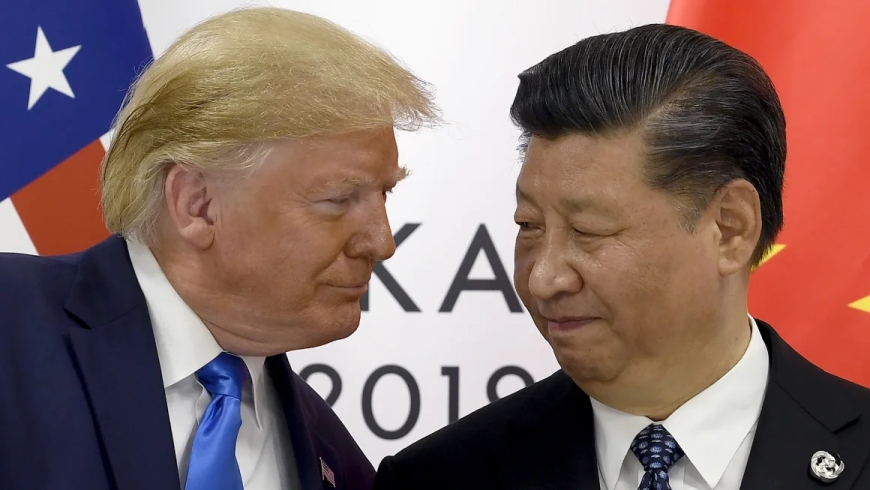Trump’s China Hawks Set Stage for Confrontation: Beijing Prepares Response
With President-elect Donald Trump assembling a team of staunch "China hawks" in his second term, Beijing is bracing for heightened tensions with the United States

Beijing is preparing for more tensions with the United States as President-elect Donald Trump puts together a group of fervent "China hawks" for his second term. Important nominations include Rep. Mike Waltz as National Security Adviser and Sen. Marco Rubio as Secretary of State allude to a strict attitude to US-China ties. While Waltz has called China as America's main enemy in a "cold war," Rubio, approved by China for his criticism of Beijing's practices in Xinjiang and Hong Kong, is well-known for pushing deeper ties with Taiwan.
Beijing seems better ready than it was during Trump's first term, which started in 2016. According to experts, Chinese officials now better grasp Trump's transactional approach and ideological bent. Beijing might try to negotiate Trump's hawkish advisors by using ties to more China-friendly people like entrepreneur Elon Musk. Musk has been outspoken about preserving a "win-win" relationship with China as his Tesla has major commercial interests in that nation.
Trump's economic emphasis could conflict with his government's security-driven worries. Trump promised to levy tariffs as high as 60% on Chinese goods on the campaign trail, sparking concerns about a possible trade war once more While Jamieson Greer, his choice for US Trade Representative, has backed "strategic decoupling" from China, Scott Bessent, his nominee for Treasury Secretary, has characterized tariffs as a "negotiating tool." These initiatives run the danger of halving China's already under strain economic growth rate, said economists.
China, though, is not expected to give early concessions. Beijing sees Taiwan as a red line, and Trump's team is full of fervent advocates of the island of self-governance. While Waltz has underlined the need of concentrating US strategy on Asia, Rubio has pushed for faster arms sales to Taiwan. Notwithstanding this, Trump's transactional approach—including hints that Taiwan should "pay for protection—may produce conflicting signals on US pledges to its allies in the region."
Beijing is getting ready for a rocky road ahead as tensions climb. Though the risks remain great, experts believe China's leadership has developed confidence in its capacity to control Trump's manner. Both nations struggle to balance growing strategic rivalry with economic dependency. The next months will see whether Trump's government advocates conflict or gives room for negotiations with the second-biggest economy in the world.













































